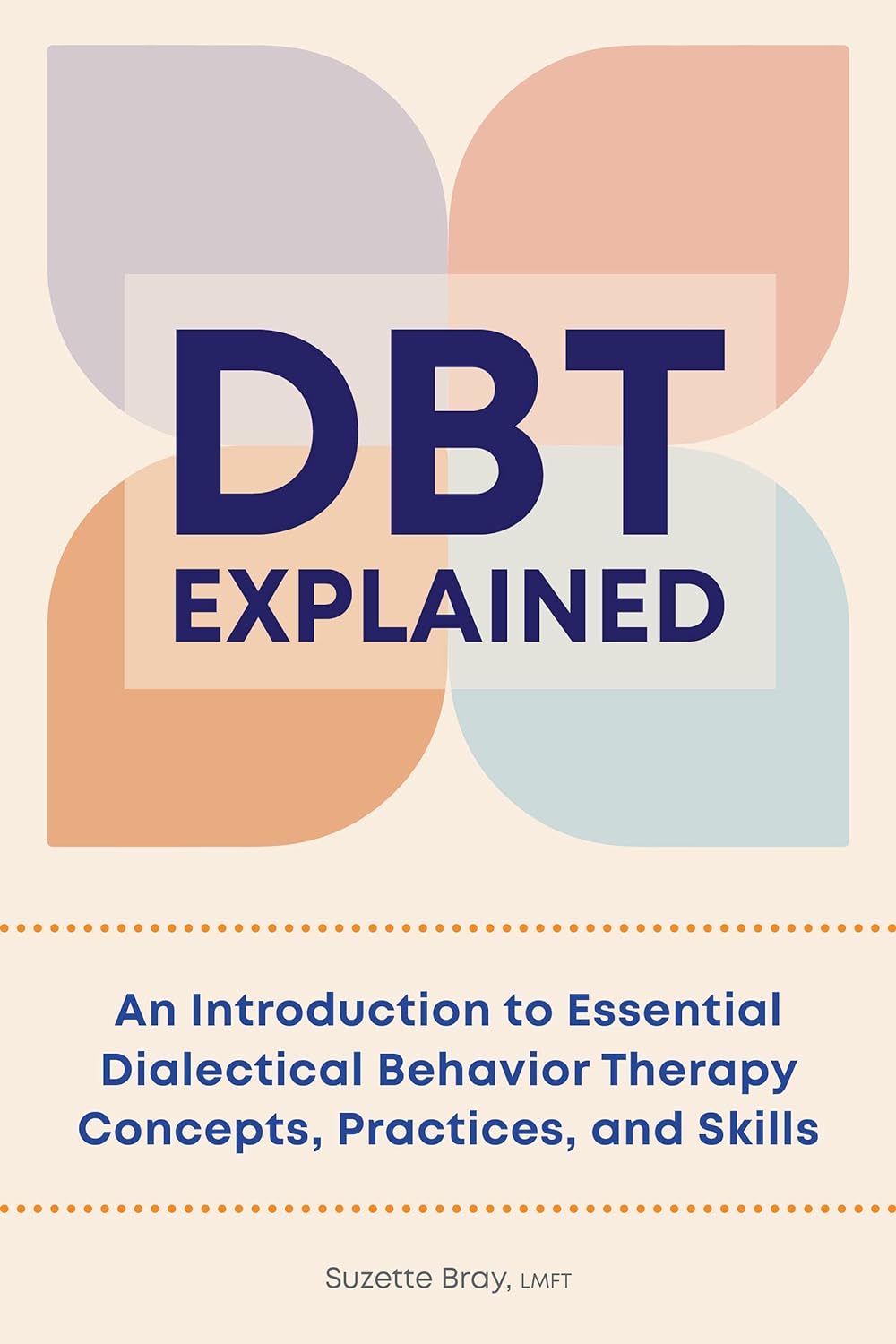Changing Lives: DBT London's Holistic Strategy to Recovery
Changing Lives: DBT London's Holistic Strategy to Recovery
Blog Article
Nurturing Emotional Resilience and Self-Awareness With Dialectical Behaviour Treatment (Dbt) Providers: Your Journey to Inner Peace
In the pursuit of psychological strength and self-awareness, the usage of Dialectical Practices Therapy (DBT) services supplies a structured technique that incorporates various essential concepts to foster inner tranquility. Recognizing the core tenets of DBT offers a strong structure for people seeking to navigate their emotional landscape with better clarity and control.
Comprehending DBT Basics
A comprehensive understanding of Dialectical Behavior modification (DBT) fundamentals is vital for realizing its concepts and application in psychological strength. DBT is a therapeutic approach developed by Marsha M. Linehan to help individuals dealing with emotional dysregulation, frequently connected with problems like borderline character problem. The core concepts of DBT rotate around 4 primary components: mindfulness, distress resistance, emotion policy, and interpersonal efficiency. Mindfulness is the foundation of DBT, highlighting present moment awareness without judgment. Distress tolerance skills equip people to sustain and endure situations without making spontaneous decisions (DBT London). Emotion regulation methods assist people identify and handle extreme emotions effectively. Lastly, social efficiency abilities show individuals how to insist their requirements while maintaining relationships. By understanding these basic aspects of DBT, people can cultivate psychological durability by learning to handle their emotions, browse relationships, and manage upsetting situations a lot more efficiently. This fundamental knowledge establishes the stage for the effective application of DBT principles in advertising psychological wellness and internal peace.
Creating Psychological Regulation Skills

One trick element of developing psychological regulation abilities is discovering to recognize and identify different feelings accurately. This self-awareness makes it possible for individuals to determine the origin of their feelings and react properly (DBT London). In addition, practicing mindfulness strategies can aid individuals remain existing in the minute and stop overwhelming feelings from hijacking their actions and ideas
Additionally, applying healthy coping approaches, such as deep breathing exercises, dynamic muscle relaxation, or grounding strategies, can offer people with reliable tools to control their feelings during times of distress. By constantly exercising these skills, individuals can construct a solid foundation for psychological strength and self-awareness, ultimately promoting internal tranquility and well-being.
Enhancing Interpersonal Efficiency


With a solid foundation in psychological policy skills, people can now focus on sharpening their social efficiency to navigate social communications with higher ease and success. Social efficiency, an essential part of Dialectical Behavior Therapy (DBT), outfits individuals with the necessary devices to communicate assertively, established limits, and build much healthier relationships. By finding out to reveal opinions and demands clearly while valuing the perspectives of others, people can cultivate a lot more meaningful links and reduce problems in their interactions.
DBT highlights the importance of efficient interaction, mentor people how to proactively pay attention, verify others' sensations, and assert their very own demands without being aggressive or passive. This ability collection allows people to browse challenging discussions with confidence and empathy, promoting understanding and collaboration in their connections. Moreover, by establishing abilities to manage interpersonal disputes constructively, people can maintain healthier borders, supporter for themselves, and discuss concessions when differences occur.
Eventually, boosting social effectiveness through DBT equips people to see this site browse numerous social contexts with authenticity, resilience, and empathy, promoting more satisfying and harmonious partnerships in their lives.
Practicing Mindfulness Techniques

One essential mindfulness strategy utilized in DBT is the "smart mind" concept, why not look here which motivates people to integrate their logical and psychological minds to make balanced decisions. This technique enables individuals to browse emotional triggers with a calmer and much more sensible approach, minimizing spontaneous reactions. Furthermore, mindfulness strategies aid in grounding people in the here and now moment, steering them away from rumination on previous occasions or anxiety regarding the future.
Structure Distress Resistance Strategies
To enhance emotional durability in people undertaking Dialectical Behaviour Therapy (DBT), it is necessary to concentrate on structure reliable distress resistance strategies. Developing these techniques is vital for people to browse via tough situations without becoming overwhelmed (DBT London). Distress tolerance abilities help people withstand and cope with intense emotions, crises, or situations where they may be tempted to participate in read more harmful behaviors
One key distress tolerance strategy often taught in DBT is the ACCEPTS acronym, which stands for Tasks, Adding, Contrasts, Emotions, Pushing away, Thoughts, and Sensations. These abilities supply people with a toolbox of techniques to distract themselves from distressing feelings or circumstances in a healthy manner.
Additionally, finding out exactly how to self-soothe with activities like deep breathing exercises, taking a cozy bathroom, or taking part in hobbies can additionally aid develop distress tolerance. By incorporating these strategies right into everyday practice, people can much better handle tension, regulate feelings, and eventually cultivate a better sense of emotional strength.
Final Thought
Finally, the journey in the direction of internal peace via Dialectical Behavior Therapy (DBT) entails comprehending its fundamentals, creating emotional policy skills, boosting social performance, exercising mindfulness strategies, and building distress resistance techniques. By making use of these strategies, people can nurture psychological resilience and self-awareness, bring about a better feeling of inner tranquility and health. Integrating DBT solutions into one's life can supply valuable devices and sources for handling feelings and relationships successfully.
Recognizing the core tenets of DBT offers a solid structure for individuals seeking to browse their emotional landscape with greater clearness and control. By recognizing these fundamental elements of DBT, people can cultivate emotional durability by finding out to handle their emotions, navigate connections, and deal with distressing circumstances extra effectively.Mindfulness techniques play an essential duty in boosting emotional policy and promoting self-awareness in people undertaking Dialectical Practices Treatment (DBT)One fundamental mindfulness technique used in DBT is the "smart mind" idea, which urges people to incorporate their rational and emotional minds to make balanced decisions.To enhance emotional resilience in individuals undergoing Dialectical Behaviour Therapy (DBT), it is necessary to concentrate on structure efficient distress tolerance methods.
Report this page